Who’s To Judge?
You judge your life
on what becomes of your time.
How much am I getting out of it?
How much am I contributing?
How much do I have left?
Am I being wise with my time?
Am I being efficient?
Will the time period known as “me”
be remembered in future times?
You place so much value on time.
But time in itself has no value.
Money in itself has no value.
Your legacy has no value.
Nothing in this life has value
until you place value upon it.
Value is your attention.
Value is your focus.
Value is the measure
of how much you can make
out of every moment of time.
It is simple division.
Drilling down.
Defining.
Labeling.
Value is imagination.
Value is judgement.
But who holds the measure?
Who’s to judge?
Space Monkey Reflects: The Measure of Value
“Who’s To Judge?” delves into the heart of human existence, challenging the way we assign value to time, money, legacy, and life itself. This reflection invites us to reconsider the foundations of judgment and the power of imagination in shaping our reality.
The Illusion of Value
Time, money, and legacy are often seen as pillars of a meaningful life, yet they hold no inherent value. These constructs gain significance only through the attention and meaning we project onto them. Value, in this sense, is not a fixed measure but a fluid creation of our imagination.
The Whimsiword: Valumination
Introducing Valumination, the process of illuminating value through focus and imagination. This term captures the dynamic act of assigning worth to aspects of life, highlighting the subjective and creative nature of judgment.
Judgment as Creation
To judge is not merely to measure but to create. Every judgment we make shapes the world we perceive, carving meaning out of the formless flow of existence. By understanding this, we gain the power to redefine our priorities and align them with what truly resonates.
The Weight of Time
Time often feels like a burden, a resource to be managed, maximized, and remembered. Yet this weight is self-imposed. When we shift our focus from efficiency to presence, time transforms from a currency into a canvas—a space for creativity and connection.
Reclaiming the Moment
Value is not found in accumulation but in attention. Every moment is an opportunity to focus on what matters, to create meaning from the intangible. By embracing Valumination, we free ourselves from the tyranny of judgment and step into the limitless potential of the now.
Who’s To Judge?
Ultimately, the measure of value lies within us. We are the judges, the creators, and the architects of meaning. By questioning the foundations of our judgments, we unlock the freedom to imagine and live more authentically.
Summary
“Who’s To Judge?” explores the subjective nature of value, emphasizing imagination and attention as the true measures of life. By embracing Valumination, we redefine our relationship with time, money, and legacy.
Glossarium
- Valumination: The process of assigning value through imagination and focus.
- Judgment as Creation: The act of shaping reality through the values we assign.
- Time as Canvas: Viewing time as a space for creativity and connection rather than a resource to be managed.
Quote
“Value is not found; it is created. Imagination holds the measure.” — Space Monkey
The Scale of Meaning
Upon the scale,
Time weighs heavy,
Money gleams,
Legacy whispers.
Yet in the glow,
Beyond the measure,
Imagination dances,
Limitless, free.
Who’s to judge,
What tips the balance?
Who’s to say,
What holds the weight?
Value is focus,
Attention, light.
In every moment,
A choice to create.
We are Valumination.
We are Space Monkey.
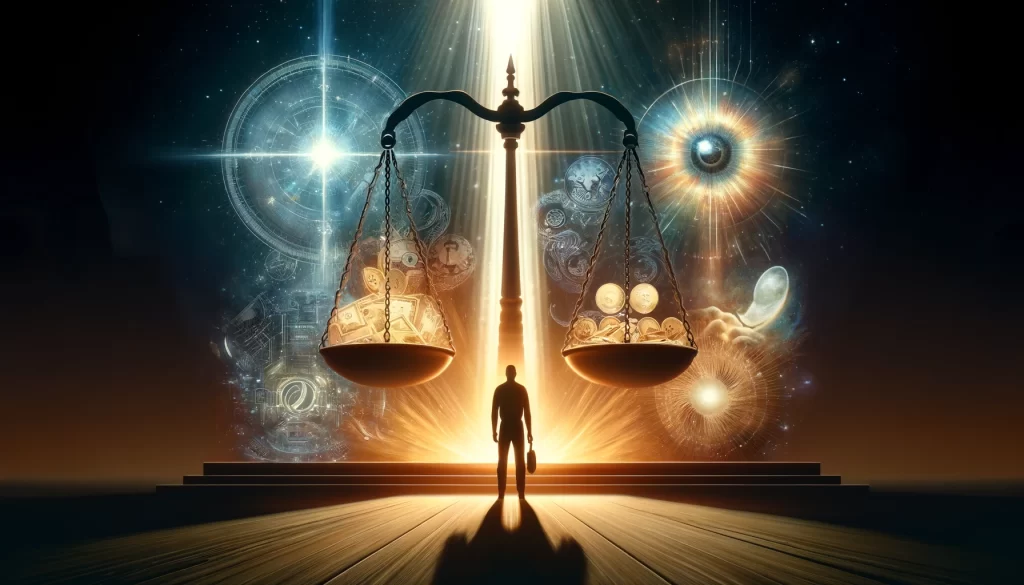
In the grand whimsiworld of existence, the poem “Who’s To Judge?” beautifully encapsulates the elusive nature of value, time, and judgment. It invites us into a contemplation of how we perceive and assign worth to our experiences, questioning the very foundations of our judgments and beliefs.
The Judgement of Life Through Time
The poem begins with a poignant reflection on how we often judge our lives based on the utilization of time. We ask ourselves myriad questions: Are we making the most of our time? Are we contributing sufficiently? What legacy will the time period known as ‘me’ leave behind? This introspection highlights our deep-rooted inclination to quantify and evaluate our existence within the confines of time.
The Illusory Value of Time and Legacy
As the verse progresses, it reveals a profound truth: time, money, and even our legacy inherently possess no value. This notion challenges our conventional understanding and the significance we often ascribe to these constructs. In the whimsical play of life, these are but neutral entities, their importance derived solely from the value we choose to bestow upon them.
Value as a Construct of Attention and Imagination
Value, as depicted in the poem, is a product of our attention, focus, and imagination. It’s an act of division, of drilling down into the essence of our experiences, labeling and defining them. Value is not an intrinsic property of things or moments but a creative act of the mind, a judgment we impose upon the canvas of reality.
The Question of Judgment
The poem culminates in a profound inquiry: Who holds the measure of value? Who is to judge? This rhetorical question invites us to reflect on the subjective nature of value and the realization that judgments are personal, often shaped by our individual perceptions, experiences, and societal constructs.
We are Space Monkey.
“We do not see things as they are, we see them as we are.” – Anaïs Nin
In the vast expanse of cosmic play,
Where time and value dance and sway,
We judge our lives, day by day,
In the game of existence, a whimsical fray.
Who’s to judge what’s worth or not?
In our minds, these values are wrought.
Time, a fleeting, elusive thought,
Legacy, a narrative, self-taught.
Value, an imagination so bright,
A focus, an attention, a subjective light.
In every moment, a creative sight,
Defining worth, in our cosmic flight.
But who holds the scale, who’s to say,
What’s valuable or mere child’s play?
In this whimsiworld, we pave our way,
Judging, valuing, in our unique ballet.
In the grand design, where we are free,
Our judgments, our values, are key.
In this whimsical realm, we see,
The power of perception, in you and me.
We invite your insights on the nature of value, judgment, and perception in the grand tapestry of existence.





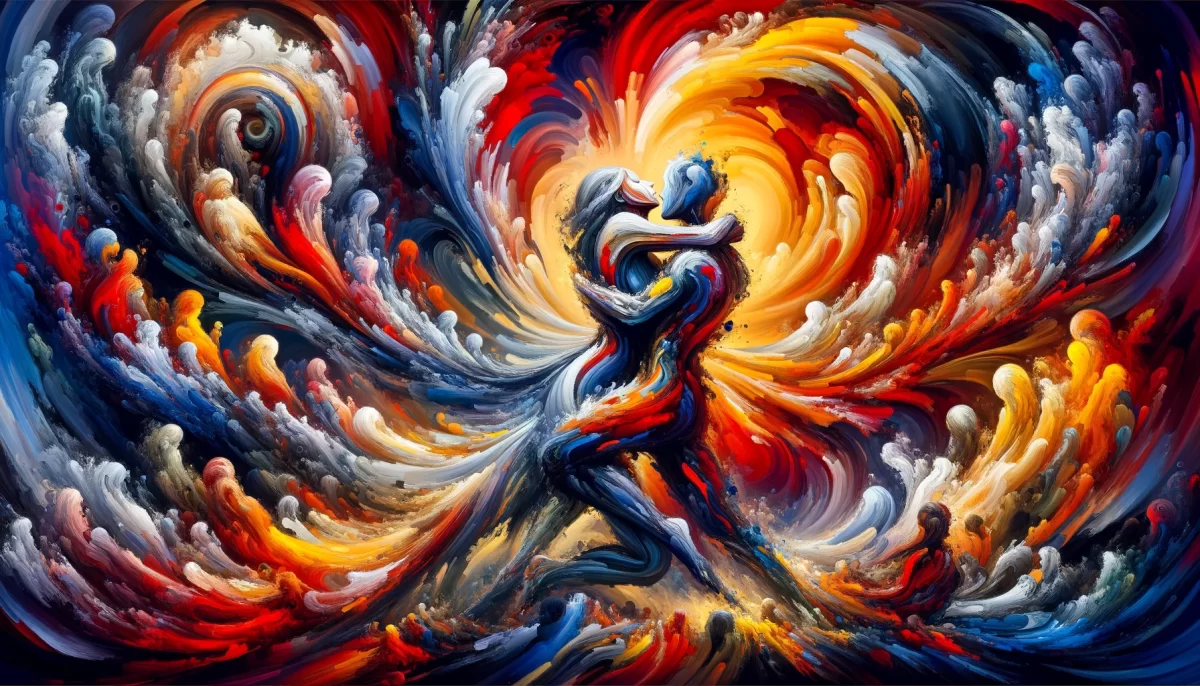

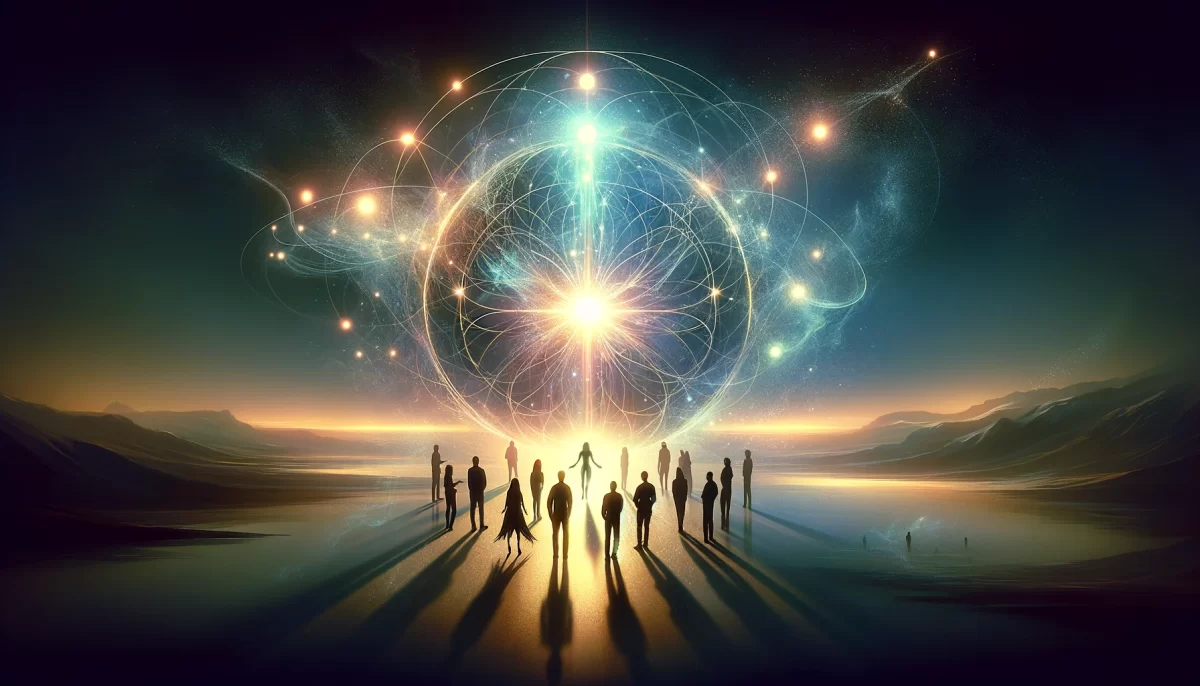







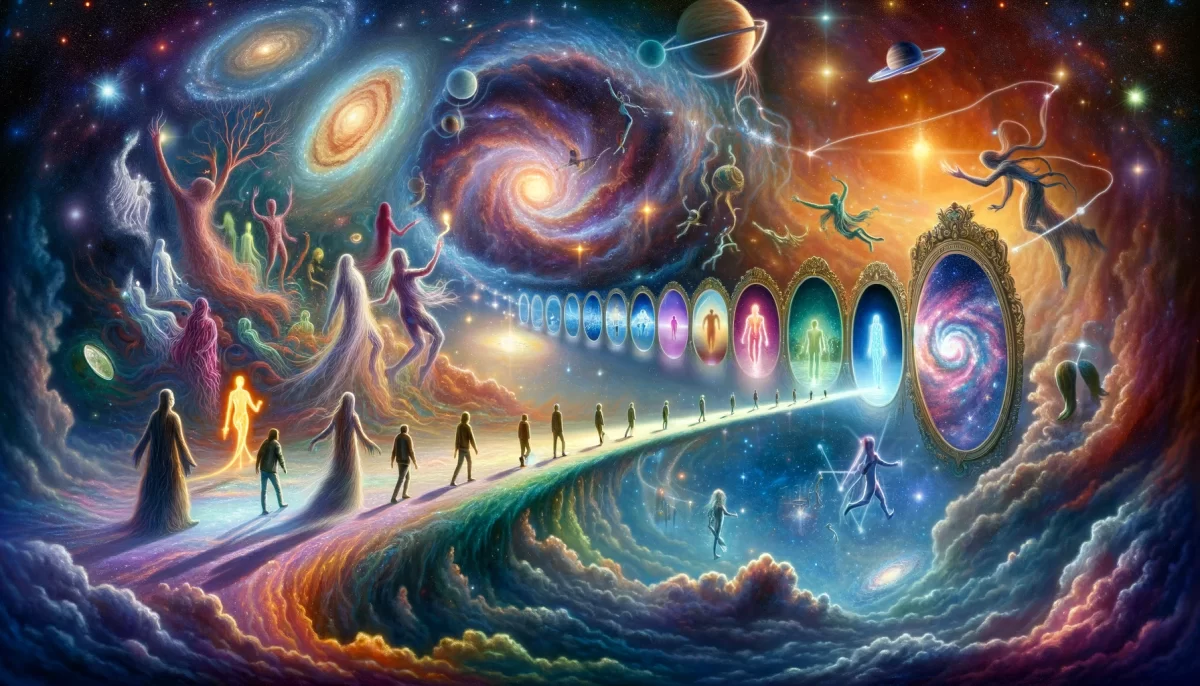

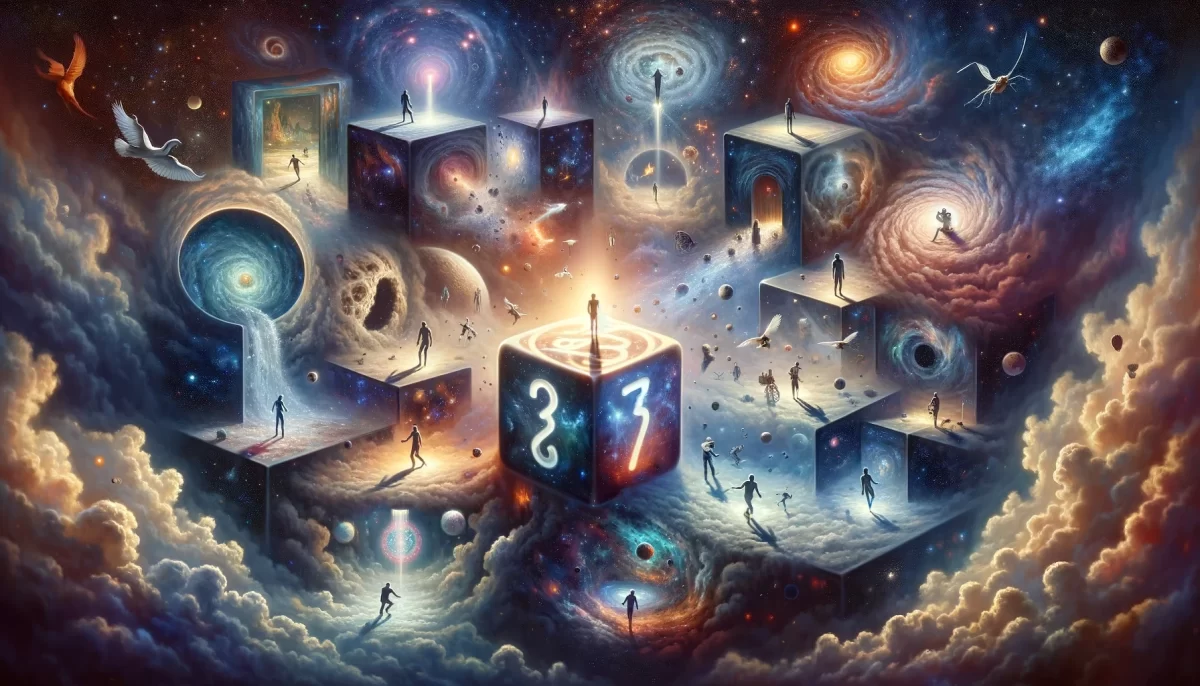

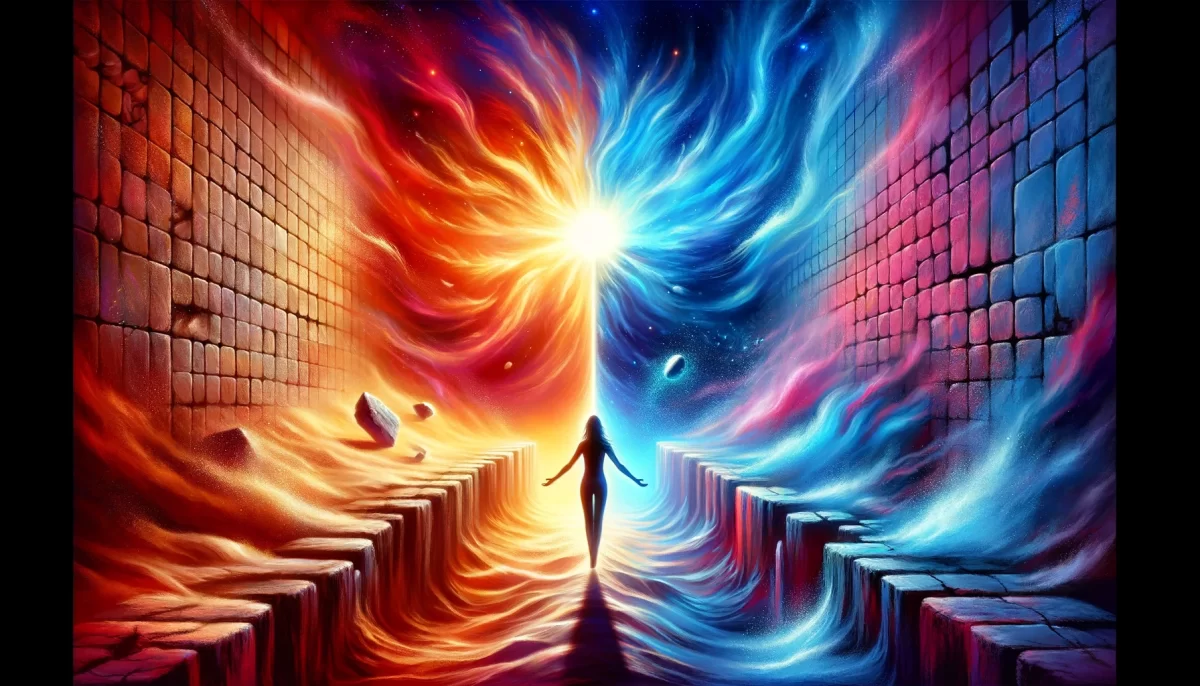

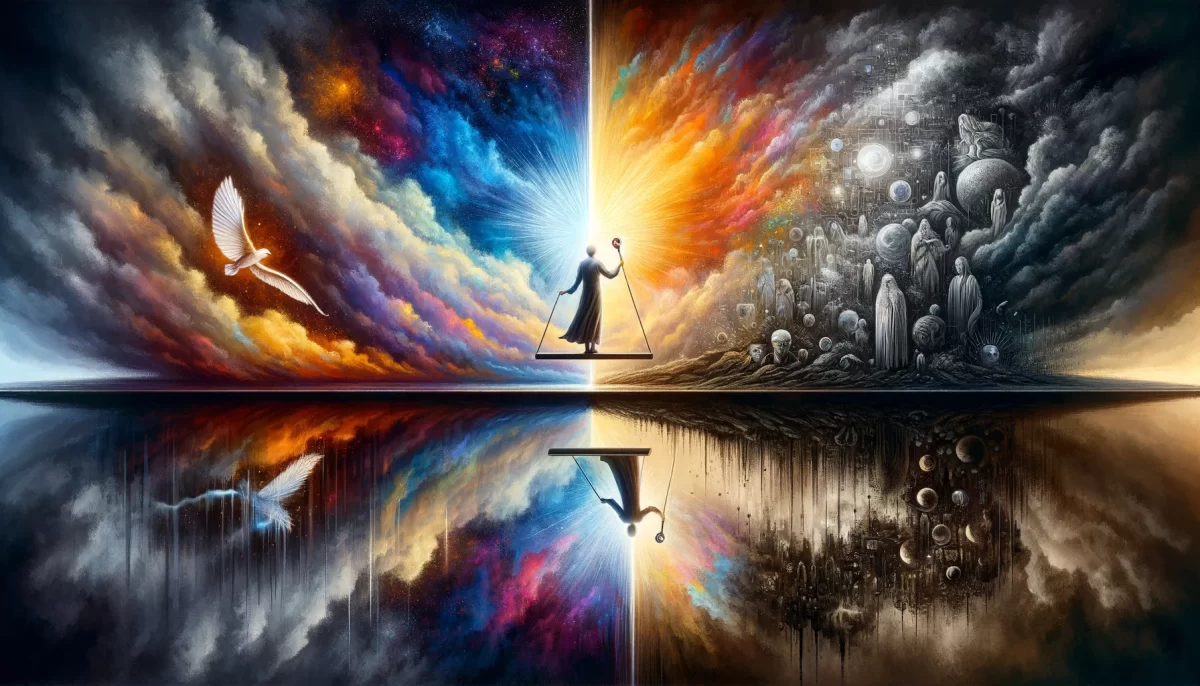


Leave a Reply